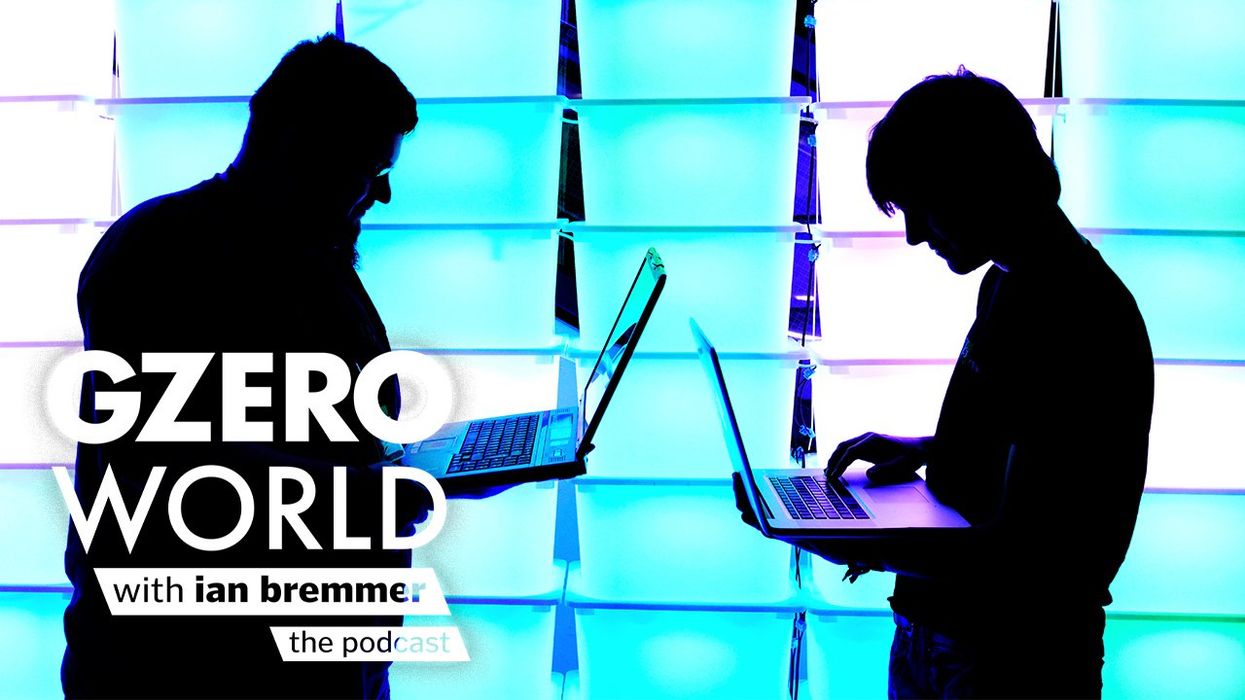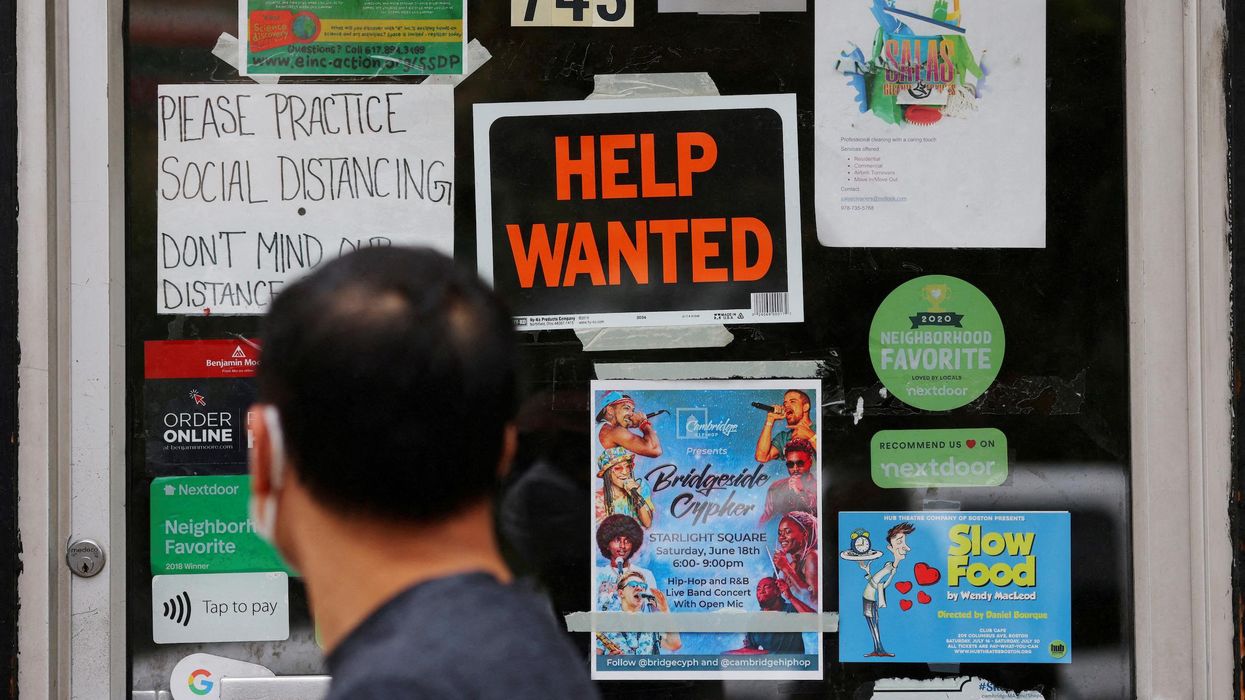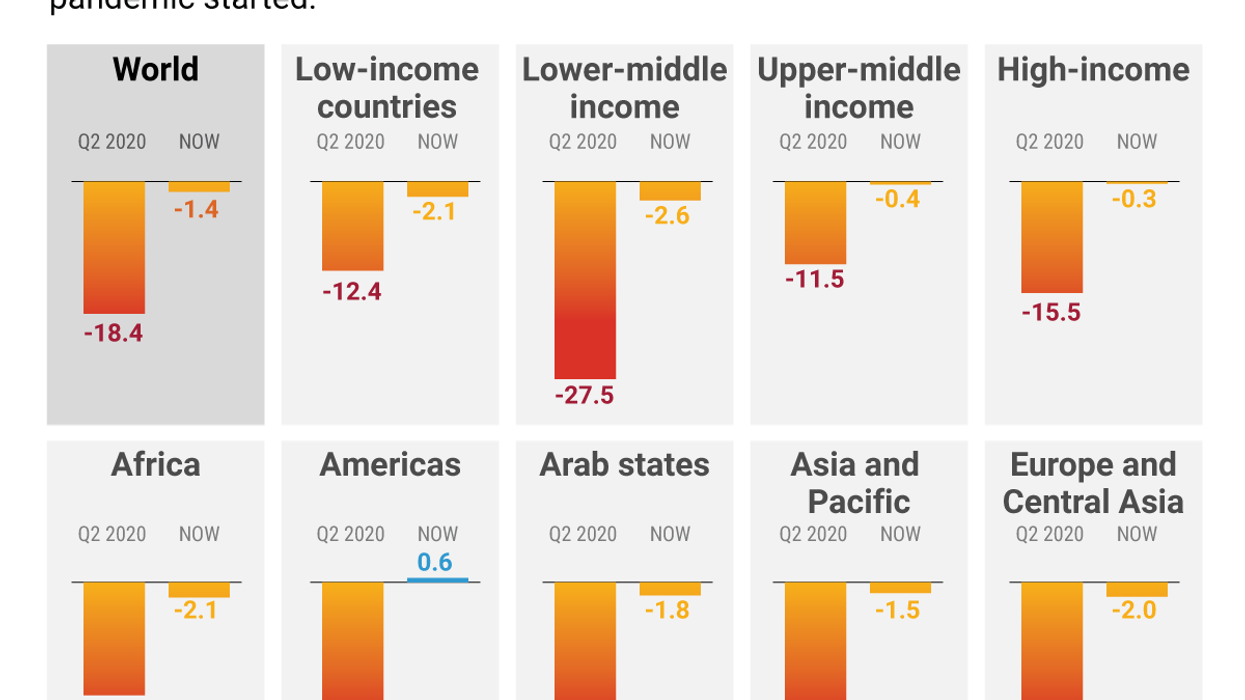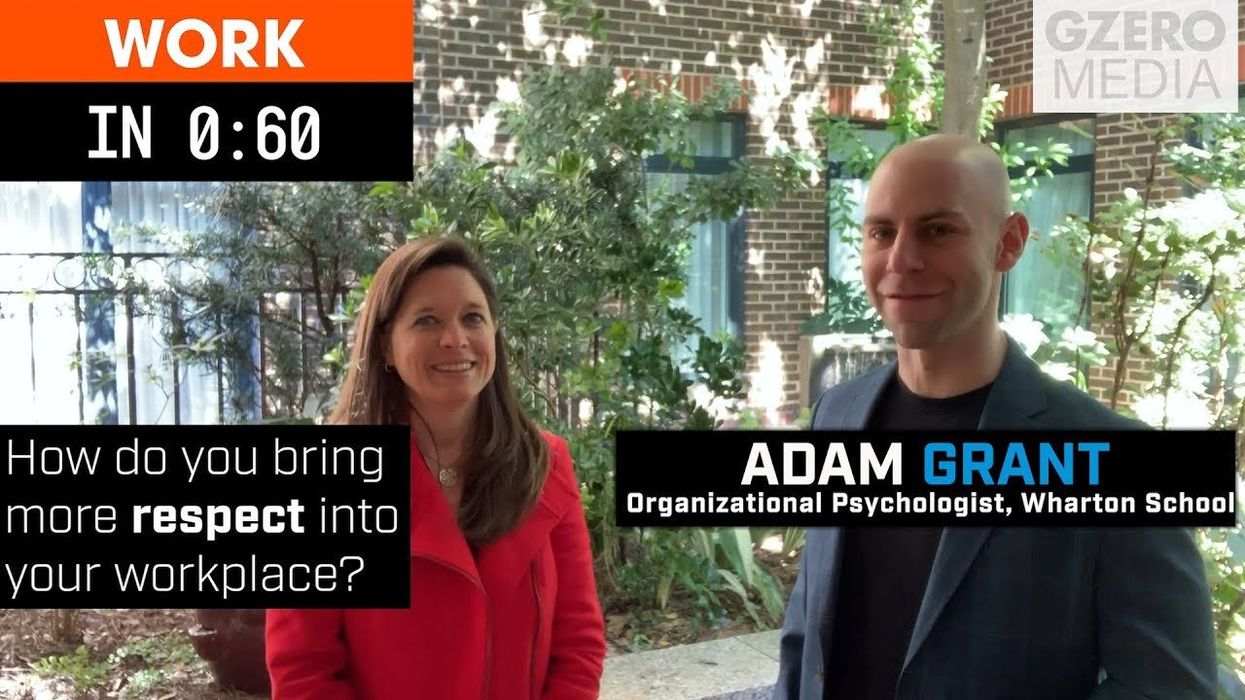GZERO World with Ian Bremmer Podcast
Podcast: Talking AI: Sociologist Zeynep Tufekci explains what's missing in the conversation
Listen: In this edition of the GZERO World podcast, Ian Bremmer speaks with sociologist and all-around-brilliant person, Zeynep Tufekci. Tufekci has been prescient on a number of issues, from Covid causes to misinformation online. They discuss what people are missing when they talk about artificial intelligence today. Listen to find out why her answer surprised Ian because it seems so obvious in retrospect.
Dec 23, 2023






